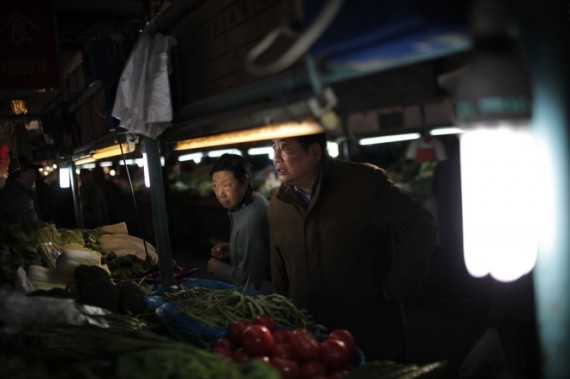Inflation is Political Too ...
More on:

Are there many things in Asia more political than inflation? At a time when governments across the region are wrestling with inflationary pressure, it’s worth asking just how aggressive Asian governments might become and what tools they may pull out of their toolkits to fight it.
On this episode of CNBC’s “Squawk Box,” I discussed the issues with Martin Soong and Karen Tso. The answer, I think, is that they could become very aggressive, but that we’re not likely to see a uniform response across the region.
Two years of expansionary monetary policies, government initiatives to limit currency appreciation, and food shortages from difficult harvests in 2010 have boosted inflationary pressure across Asia. Some countries, such as Pakistan, have particular cause for concern because Islamabad’s widening fiscal deficit has forced the government to borrow heavily from the state bank, creating expectations that inflation there may reach 15% in 2011.
There are plenty of inflation-fighting tools in the Asian kitbag—rate hikes, currency interventions, and the sorts of measures we’re now seeing in China, which include price caps and the release of grain reserves.
But one question, of course, will be how Asian governments and central banks balance inflation fighting with a deeply held desire to sustain growth amid the global downturn.
A second question will be just how much that debate comes to reflect political overtones and considerations. After all, it’s worth remembering that, in Asia, inflation isn’t a subject only for macroeconomists. It is a deeply and intrinsically political business.
As I blogged on India here in July, debates have increasingly shifted to the challenges to growth, not least inflation, rather than, say, India’s growth rate per se. Inflation isn’t just an economic issue in India; it’s politically explosive because it touches consumer prices, particularly the prices of foodstuffs, oils, and cooking fuels, in a country with a large population of poor voters. And inflation is a growing challenge; inflation figures have been over 10 per cent this year and food inflation has been higher still.
Likewise in China. Over the long term, prices will go up if the state successfully implements the agenda at the heart of its ambitious 12th Five Year Plan. That plan aims to boost household incomes, and to shift capital allocation from the corporate sector to households by, for example, tinkering with energy prices. This is a tall order and will face obstacles aplenty, including resistance from entrenched interests in China’s powerful corporate sector. But right here, right now, an immediate problem is that inflation takes money out of individual and family pockets. And, as we all know, angry citizens, especially urban and white collar citizens, make China’s leaders very uncomfortable.
More on:
 Online Store
Online Store